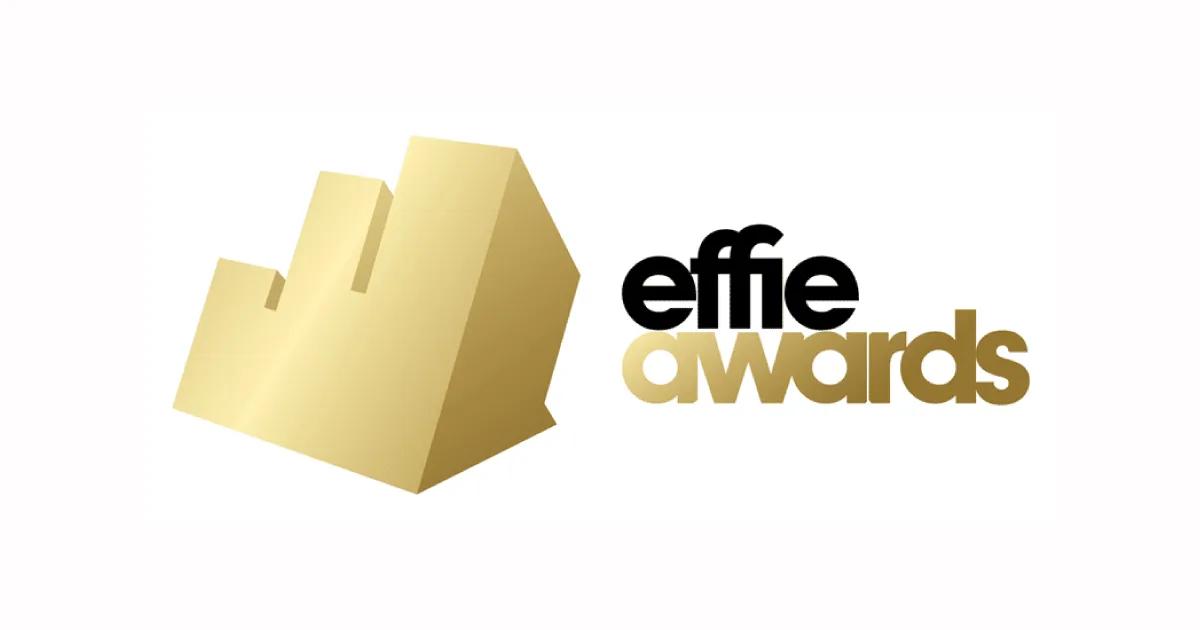WHAT IT IS
Esports (electronic sports) or professional gaming is competitive video game playing and it is big business. More people tuned in for esports tournaments in 2017 than all the NFL regular season games combined[1] and most nights Twitch viewers outnumber cable network viewers.[2]

A LITTLE HISTORY
Video game competitions first exploded as spectator sports in South Korea in 2000 and have become a part of their mainstream culture. Top players are household names, stadiums sell out, and millions of people tune in to watch game competitions on TV.
The phenomenon is now global, and esports is estimated to be a $1.5 billion industry by 2020 following the business models of traditional professional sport leagues, complete with highly paid players, sponsors, advertising, media rights, ticket sales, and merchandise.

THE ESPORTS ECOSYSTEM



THE AUDIENCE & THE OPPORTUNITY:
Made up of young, global participants, esports is an opportunity to market to an audience of cord cutters often difficult to reach. In fact, males ages 18-25 report that they spend more time watching esports than traditional sports, TV or news. Esports are second only to movies for this demographic.[3]
This audience is highly engaged with gaming, and brands that sponsor esports see better results with brand appeal and purchase intent.[4]

- The esports audience is more open to endemic and semi-endemic sponsors of players, tournaments, and advertising.[5]

BRANDS CREATING MEANINGFUL CONNECTIONS:
Coke – Feeding Fans’ Passion
Coke was perhaps the first semi-endemic sponsor to enter the esports space. Over the years, their success has hinged on tapping into and facilitating fans’ passion for the games. Along with the expected digital sponsorships and advertising, Coke has included some more traditional techniques to bring fans closer to their favorite teams and players, like old-school cheer boards at events that allow fans to write messages of support or celebration on them. They also host viewing parties at movie theaters to let mega-fans stream championships in high definition, alongside other members of the gaming community.
Sephora – Promoting Diversity
Sephora is one of the first big brands to specifically target women in the esports world. The GIRLGAMER Esports Festival’s mission to celebrate and promote women’s esports competitiveness makes it a natural fit for the beauty retailer.
Snickers – Extending a Successful Campaign to Serious Snackers
ELEAGUE’s “Official Chocolate Bar” tapped into the league’s viewing audiences through branding elements across television and digital. This included a sponsorship of the pre-game show airing on TBS and “You’re Not You When You’re Hungry” moments airing post-game every week, which captured the biggest bloopers from that week of gameplay.

